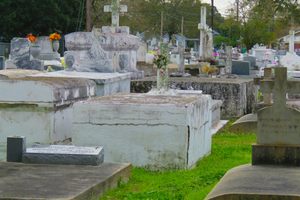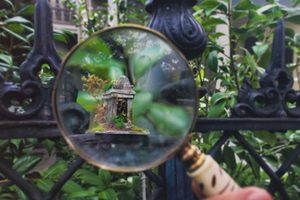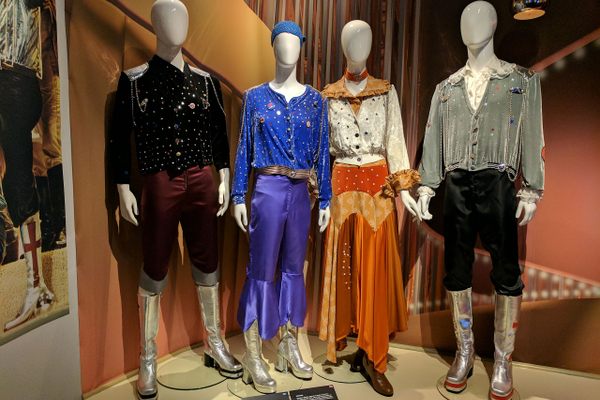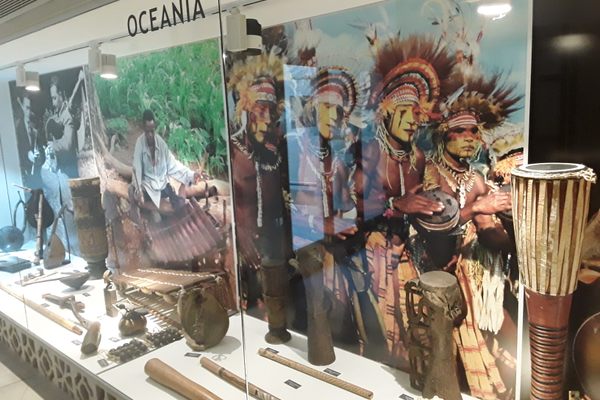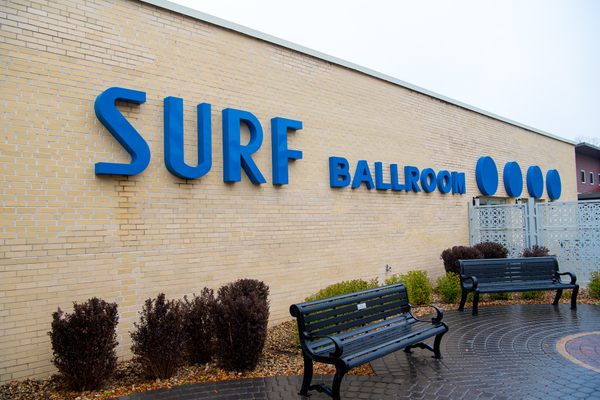About
Don’t know “swamp pop” by name? You certainly know it by sound. Indeed, the south Louisiana musicians who created the genre didn’t even have a name for their sound until long after the genre had peaked in popularity.
Hits like Phil Phillips’ “Sea of Love,” Bobby Charles’ “See You Later Alligator,” and Cookie and the Cupcakes’ “Mathilda” are examples of Swamp Pop standards that left their mark on the American songbook, but also speak to the unique musical background of south Louisiana, exhibited nowhere more thoroughly than in this train-depot-turned-museum in Ville Platte, Louisiana.
Children who would grow up to become swamp pop icons listened to their parents’ Cajun, Creole, country, and western music as kids. As teenagers coming of age in the dawn of rock n’ roll in the 1950s, they exchanged accordions, fiddles, and steel guitars for pianos, horns, and electric guitars. They dropped the French language but kept the lovelorn lyrics; they ditched the bouncy Cajun sound but maintained a feel-good rhythm; and they adopted stage names that non-French, northern radio DJs could pronounce.
By 1958, John Philip Baptiste became “Phil Phillips,” Robert Charles Guidry became “Bobby Charles,” and John Allen Guillot became “Johnnie Allan” (the King of Swamp Pop), as their infectious sound dominated the airwaves for much of the 50s and early 60s, fading only at the onset of the British Invasion. It was only during a revival of their music in the 1970s that British music writer Bill Millar was able to categorize a distinctly Louisianan body of music and coin the term “Swamp Pop.”
Artist outfits, instruments, and memorabilia are on display at the Swamp Pop Museum in Ville Platte, the “Swamp Pop Capital of the World.” Detailed artist biographies are framed alongside their gold and platinum records, along with rare photos and signed sheet music.
Related Tags
Community Contributors
Added By
Published
March 1, 2022














